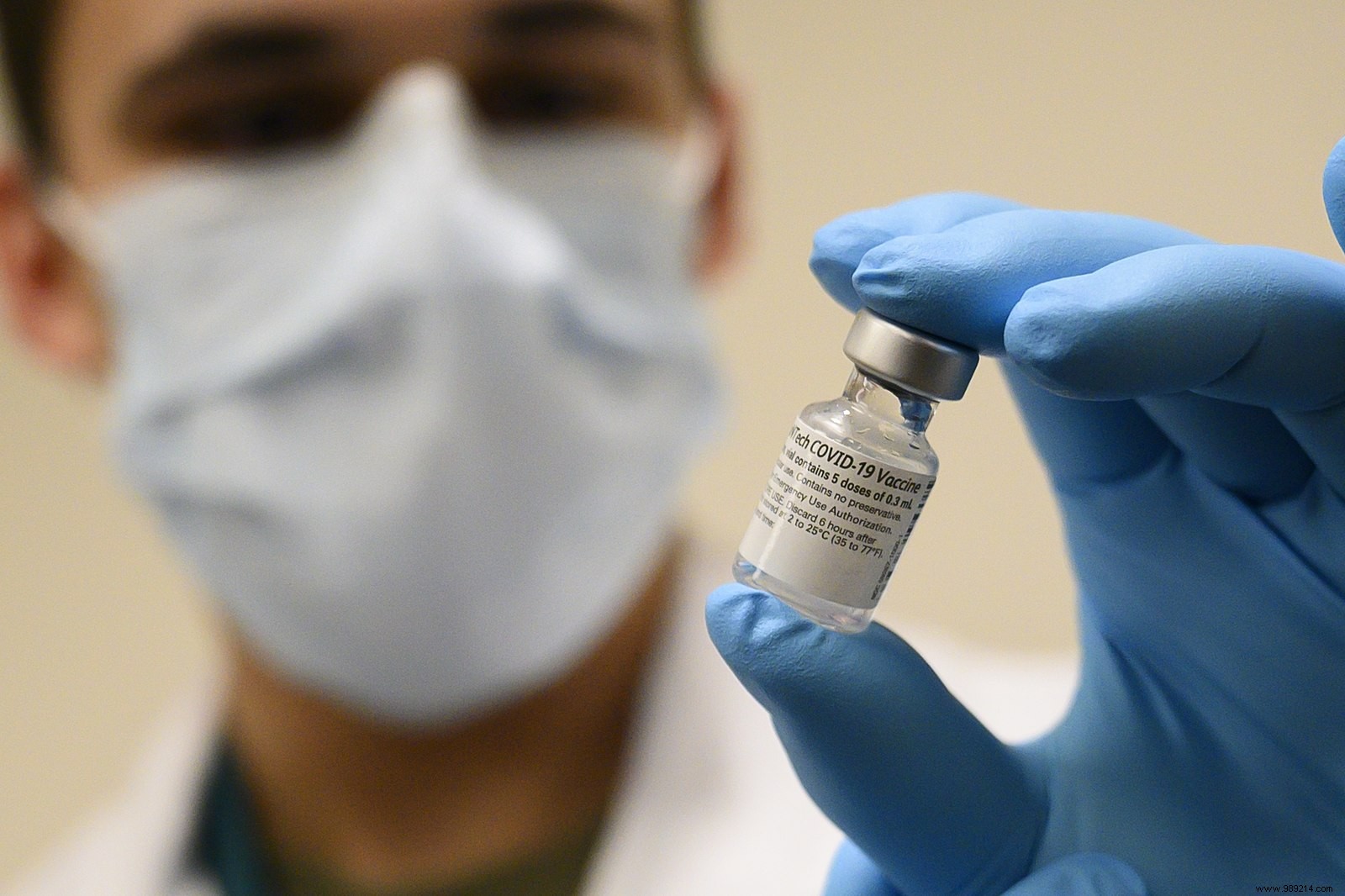The South African variant of the new coronavirus may be resistant to neutralizing antibodies developed by some people who have already been infected with the previous strains, a study has found. Although it is unlikely that this variant could completely escape immunity, researchers believe that vaccines will likely need to be "tuned" to better match these new strains.
A few weeks ago researchers announced the emergence of new strains of the coronavirus having developed worrying genetic variations (20I / 501Y.V1 or B.1.1.7 in the United Kingdom , and 20H/501Y.V2, or B.1.351 in South Africa).
Viruses are constantly mutating, that's nothing new. On the other hand, these developments were quickly taken seriously insofar as they concern the famous "spike protein", a key element allowing the virus to integrate our cells. A sufficient number of mutations in the right places can indeed reboost the pathogen's ability to infect people whose immune systems have already been trained to recognize the virus, either through natural infection or through vaccination.
Experts thus fear that certain variants of the SARS-CoV-2 coronavirus will hamper efforts to limit the spread of covid-19 through vaccination. And this concern concerns (for the moment), mainly the South African variant.
On Monday, researchers from the National Institute for Communicable Diseases (NICD) – South Africa's public health agency – indeed announced the results of initial focused work on B.1.351 and its relation to immunity. As part of this study, they exposed the variant to blood samples from 44 covid-19 survivors, looking to see whether or not the virus might survive the neutralizing antibodies developed from the previous infection.
Result:The neutralizing effect of the antibodies was lost in the blood samples of half of the subjects . More broadly, the researchers noticed a reduction in the neutralization capacity displayed by the antibodies in more than 90% of the samples . Note, however, that these results are still preliminary and based on only 44 subjects.
Also, remember that antibodies are not our only defenses against the coronavirus. Our T cells and B cells are also essential. For the time being, there is no question that this variant will be able to bypass all these defenses at once. We could then imagine a reduced immunity, and not completely erased, which could lead to reinfections potentially more benign than the first ones.

At present, health authorities still predict that higher levels of vaccination over time will significantly reduce transmission of all of these variants, including South African. Even a vaccine that loses some potency will likely still have a powerful impact, like vaccines against rapidly mutating viral diseases like influenza.
For their part, Moderna and Pfizer/BioNTech – the companies behind the two main vaccines available – noted that their treatments should be effective against the variants discovered so far. . They also said their vaccines could be modified if needed to better match these new strains.